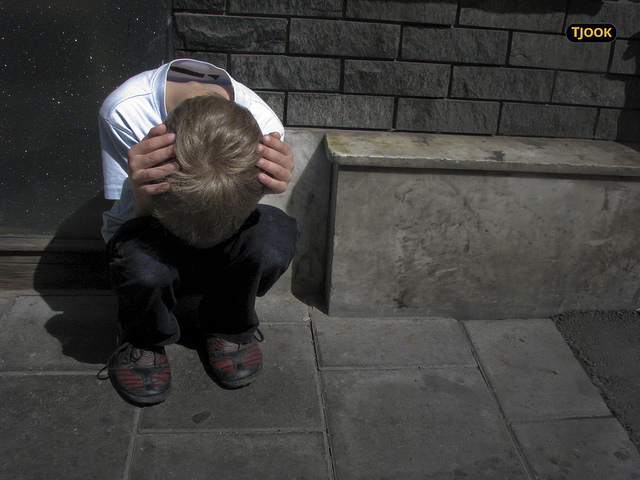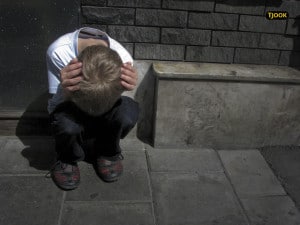One WebMD source has reported that on average every 10 seconds someone is injured in a motor vehicle accident in the U.S. Not all of these injuries are physical. In fact, many are emotional and have late-onset tendencies.
What is Depression?
According to the MayoClinic, depression is defined as a “mood disorder that causes a persistent feeling of sadness and loss of interest . . . it affects how you feel, think, and behave, and can lead to a variety of emotional and physical problems. You may have trouble doing normal day-to-day activities, and depression may make you feel as if life isn’t worth living.”
Despite the misconceptions that may exist, depression is a serious medical condition and major public health problem. According to the Centers for Disease Control and Prevention, 1 in 10 adults report suffering from depression in the United States.
Depression is not a weakness, “nor is it something you can simply ‘snap out’ of. Depression may require long-term treatment, but don’t get discouraged. Most people with depression feel better with medication, psychological counseling, or both.”
Causes
Depression has countless potential causes, and each case is unique to the individual experiencing it. Depression is a complex condition that reacts with the billions of chemicals that exist in your brain. Although they do not have one single cause pinpointed, doctors have narrowed down areas of the brain that are affected and have categorized significant contributing factors to depression. These factors include the following:
- faulty mood regulation by the brain
- genetic vulnerability
- stressful life events (financial problems, difficult relationships, serious loss, etc.)
- medications
- medical illnesses or problems
Post-Accident Depression
A study done by Oxford psychology professor and scholar Richard Mayou reveals that potentially one-third of all people who are involved in nonfatal accidents develop either post-traumatic stress disorder (PTSD), anxiety, depression, or phobias in the year following their accident.
Symptoms
After being in an accident, it is normal to feel strong feelings of shock, fear, anxiety, apathy, numbness, etc. Experiencing sudden impact leaves your mind and your body in a temporarily overwhelmed state as it tries to cope with the traumatic experience. Experiencing depression-like symptoms for a little while (about a week or so) is normal. But what is the difference between these normal feelings after an accident and being depressed? If you find that the overwhelming feelings you’re feeling do not go away over time, it may be time to seek medical attention.
Not only do these feelings stay, but they often become stronger and affect all areas of your life. These feelings begin to change the way you think and act:
- An ongoing, general feeling of uneasiness
- Problems driving or riding in vehicles
- Not wanting to have medical tests or procedures done
- Irritability, or excessive worry or anger
- Nightmares or trouble sleeping
- A feeling that you’re not connected to other events or people
- Ongoing memories of the accident that you can’t stop or control
- Uncontrollable sadness or lethargy
- Lack of energy, desire, and motivation
- Feelings of hopelessness or helplessness
- Difficulty making decisions
- Feelings of guilt
Treatment and Learning to Cope
Depression is often treated with medicine and psychotherapy. If you are afraid that your symptoms are getting worse, it is recommended that you see a physician immediately so they can help you receive the help you need. In the meantime, FamilyDoctor.org offers a few tips that can help you help yourself cope:
- Talk to friends, relatives or a counselor about the details of the accident and how you thought, felt, and acted at the time of the accident and in the days after it.
- Stay active. Exercise often and take part in activities (anything that doesn’t bother any injuries you sustained during the accident). Your family doctor can help you figure out how much you can do safely.
- Follow up with your family doctor. Your doctor can give you referrals to other health care providers if necessary, monitor your recovery, and prescribe any medicine you may need.
- Try to get back to your daily activities and routines. Traffic accidents make some people limit what they do. It’s important to try to get back to your usual activities, even if you’re uncomfortable or scared at first.
- Learn to be a defensive driver. Driving or riding in cars might be hard after the accident. You can lower your risk of future accidents or injuries by driving carefully, wearing your seat belt at all times and avoiding distractions while you’re driving. Avoid driving when you’re tired. Never drive if you have had alcohol or taken drugs or medicines that affect your judgment.
